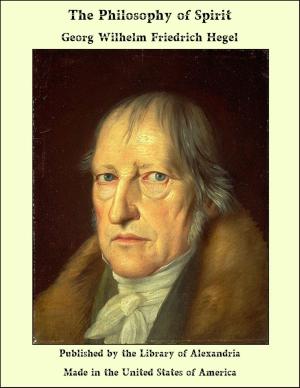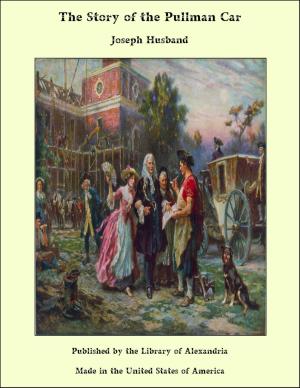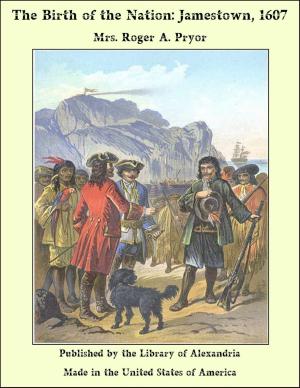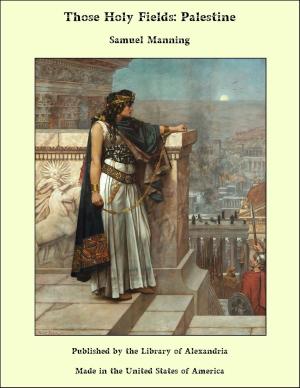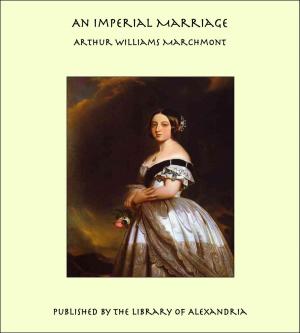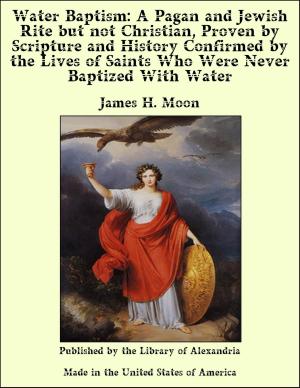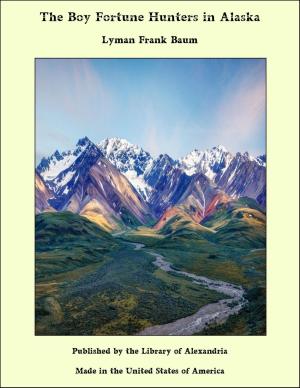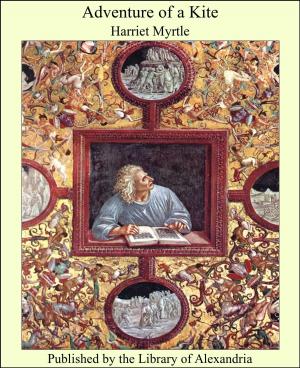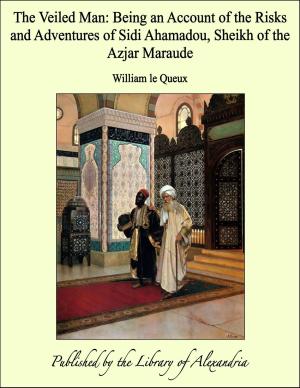The Conquest: The Story of a Negro Pioneer
Nonfiction, Religion & Spirituality, New Age, History, Fiction & Literature| Author: | Oscar Micheaux | ISBN: | 9781465523525 |
| Publisher: | Library of Alexandria | Publication: | March 8, 2015 |
| Imprint: | Language: | English |
| Author: | Oscar Micheaux |
| ISBN: | 9781465523525 |
| Publisher: | Library of Alexandria |
| Publication: | March 8, 2015 |
| Imprint: | |
| Language: | English |
DISCONTENT—SPIRIT OF THE PIONEER G GOOD gracious, has it been that long? It does not seem possible; but it was this very day nine years ago when a fellow handed me this little what-would-you-call-it, Ingalls called it "Opportunity." I've a notion to burn it, but I won't—not this time, instead, I'll put it down here and you may call it what you like. Master of human destinies am I. Fame, love, and fortune on my footsteps wait. Cities and fields I walk. I penetrate Deserts and seas remote, and passing by Hovel, and mart, and palace—soon or late I knock unbidden once at every gate. If sleeping, wake—if feasting, rise before I turn away. It is the hour of fate, And they who follow me reach every state Mortals desire, and conquer every foe Save death; but those who doubt or hesitate, Condemned to failure, penury, and woe Seek me in vain and uselessly implore, I answer not, and I return no more. Yes, it was that little poem that led me to this land and sometimes I wonder well, I just wonder, that's all. Again, I think it would be somewhat different if it wasn't for the wind. It blows and blows until it makes me feel lonesome and so far away from that little place and the country in southern Illinois. I was born twenty-nine years ago near the Ohio River, about forty miles above Cairo, the fourth son and fifth child of a family of thirteen, by the name of Devereaux—which, of course, is not my name but we will call it that for this sketch. It is a peculiar name that ends with an "eaux," however, and is considered an odd name for a colored man to have, unless he is from Louisiana where the French crossed with the Indians and slaves, causing many Louisiana negroes to have the French names and many speak the French language also. My father, however, came from Kentucky and inherited the name from his father who was sold off into Texas during the slavery period and is said to be living there today. He was a farmer and owned eighty acres of land and was, therefore, considered fairly "well-to-do," that is, for a colored man. The county in which we lived bordered on the river some twenty miles, and took its name from an old fort that used to do a little cannonading for the Federal forces back in the Civil War
DISCONTENT—SPIRIT OF THE PIONEER G GOOD gracious, has it been that long? It does not seem possible; but it was this very day nine years ago when a fellow handed me this little what-would-you-call-it, Ingalls called it "Opportunity." I've a notion to burn it, but I won't—not this time, instead, I'll put it down here and you may call it what you like. Master of human destinies am I. Fame, love, and fortune on my footsteps wait. Cities and fields I walk. I penetrate Deserts and seas remote, and passing by Hovel, and mart, and palace—soon or late I knock unbidden once at every gate. If sleeping, wake—if feasting, rise before I turn away. It is the hour of fate, And they who follow me reach every state Mortals desire, and conquer every foe Save death; but those who doubt or hesitate, Condemned to failure, penury, and woe Seek me in vain and uselessly implore, I answer not, and I return no more. Yes, it was that little poem that led me to this land and sometimes I wonder well, I just wonder, that's all. Again, I think it would be somewhat different if it wasn't for the wind. It blows and blows until it makes me feel lonesome and so far away from that little place and the country in southern Illinois. I was born twenty-nine years ago near the Ohio River, about forty miles above Cairo, the fourth son and fifth child of a family of thirteen, by the name of Devereaux—which, of course, is not my name but we will call it that for this sketch. It is a peculiar name that ends with an "eaux," however, and is considered an odd name for a colored man to have, unless he is from Louisiana where the French crossed with the Indians and slaves, causing many Louisiana negroes to have the French names and many speak the French language also. My father, however, came from Kentucky and inherited the name from his father who was sold off into Texas during the slavery period and is said to be living there today. He was a farmer and owned eighty acres of land and was, therefore, considered fairly "well-to-do," that is, for a colored man. The county in which we lived bordered on the river some twenty miles, and took its name from an old fort that used to do a little cannonading for the Federal forces back in the Civil War

